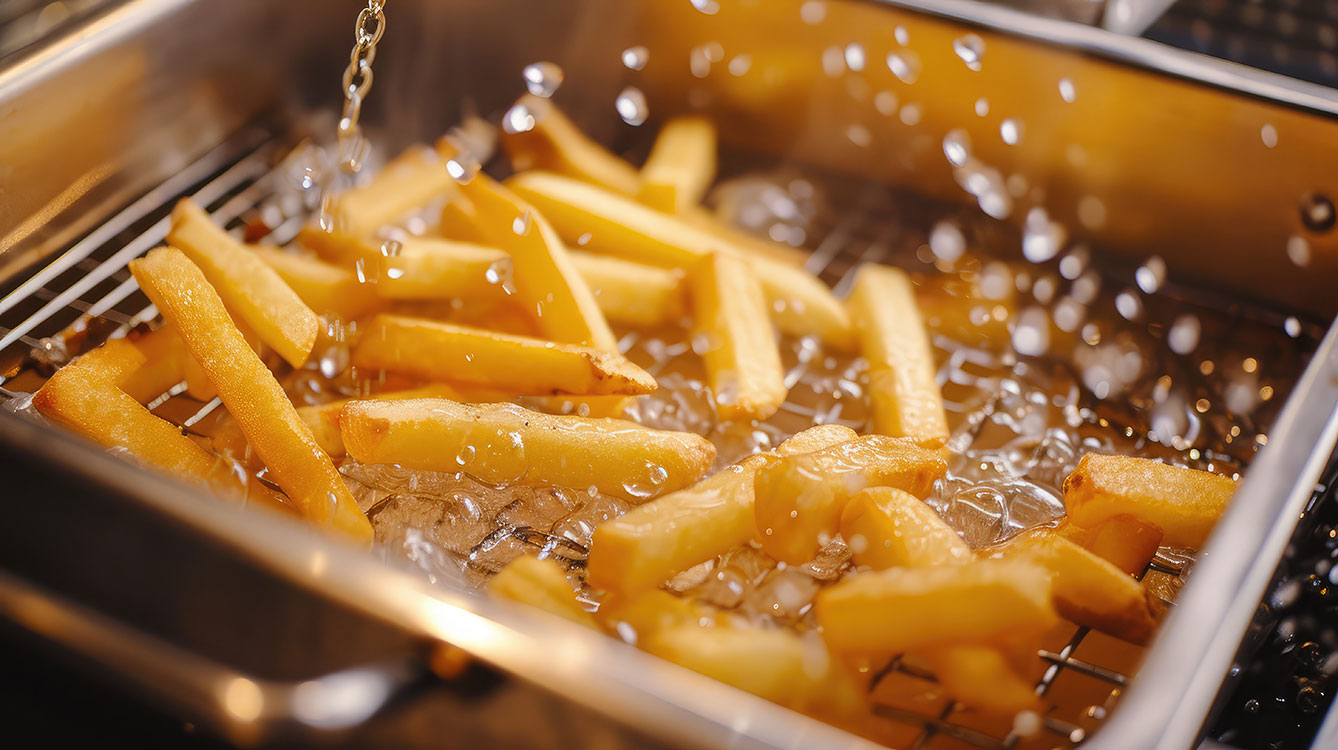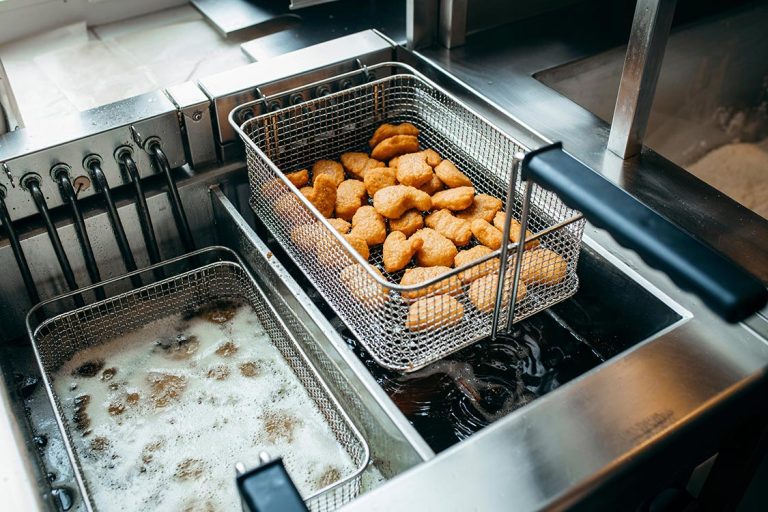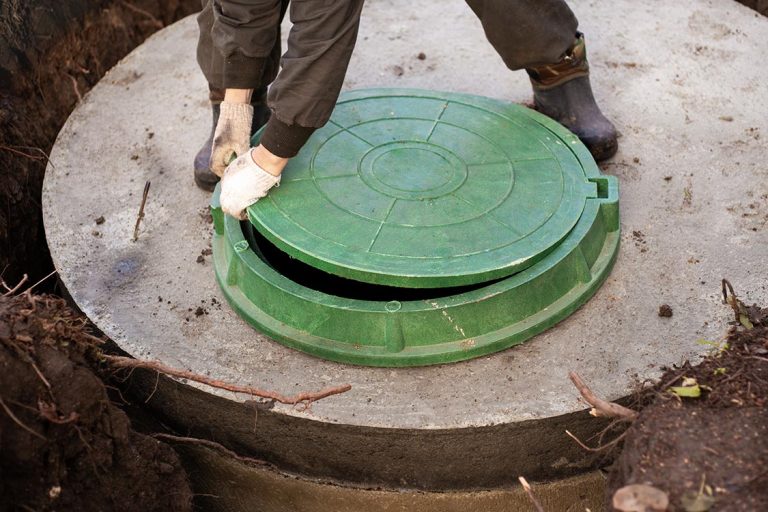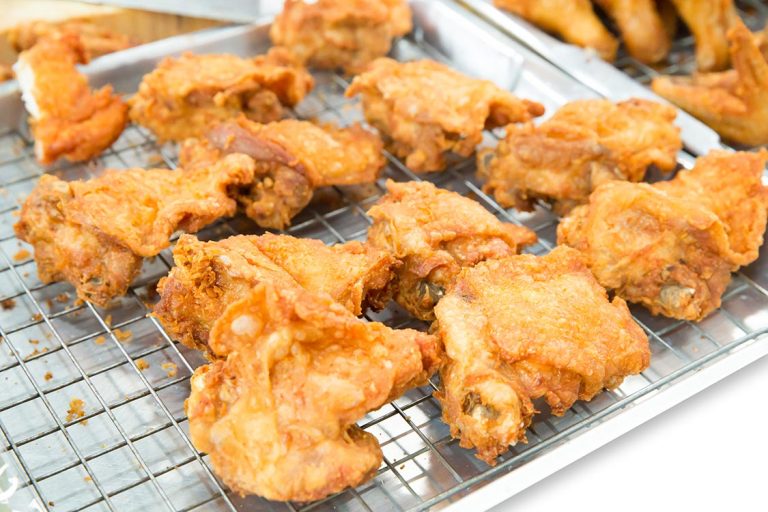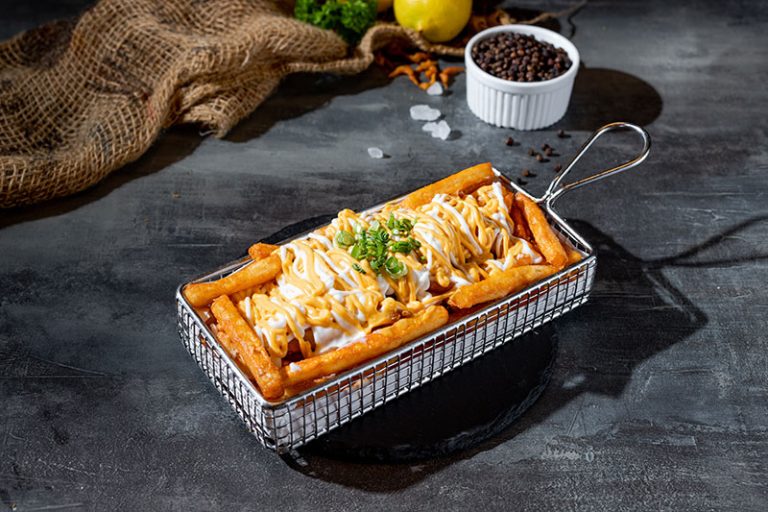Beyond the Bin: Creating Revenue Through Grease Recycling
Why Grease Is More Valuable Than You Think
Used cooking oil is often treated as a nuisance—something to get out of the kitchen and out of sight. But for operators paying attention to margins and resource optimization, it’s much more than that. It’s a commodity. When properly collected, stored, and handled, used cooking oil can be converted into biodiesel and other valuable byproducts. And just like any commodity, its value can be returned to the source—your business.
The concept is simple. Recycling companies purchase oil based on its volume and quality. When restaurants participate in a structured oil collection and recycling program, they receive a rebate—essentially a payment—for the used oil they produce. This rebate offsets waste management costs and can even become a small revenue stream, depending on the kitchen’s output.
Longview Environmental makes this process turnkey. We provide the containers, the pickup schedule, and the reporting framework—so clients don’t have to guess about volumes, contamination risks, or market value. We do the heavy lifting while you collect the benefits.
What Influences the Value of Your Recycled Oil
Not all used cooking oil is equal in value. The amount you earn from a rebate depends largely on two factors: volume and purity. Kitchens that generate high quantities of oil on a regular basis typically earn more through rebate programs, but quality is equally important. Oil that is diluted with water, mixed with food particles, or improperly stored will yield a lower return or, in some cases, be deemed non-recyclable.
This is where training and infrastructure matter. Ensuring your staff is trained in clean disposal methods—such as allowing oil to cool before transfer, using proper funnels or containers, and keeping grease storage areas clean—can significantly improve the oil’s resale quality. Likewise, ensuring your collection bins are serviced regularly helps prevent contamination from overflow or exposure to the elements.
Another factor is consistency. Recyclers, including Longview Environmental, reward steady producers because predictable output allows for more efficient routing, processing, and resale. A kitchen that tracks its output and sticks to a routine schedule tends to enjoy better long-term rebate rates.
In short, the cleaner and more consistent your oil stream is, the more valuable it becomes—not just environmentally, but financially.
Mistakes That Can Cost You Grease Revenue
Many kitchens unknowingly miss out on rebate opportunities because of a few common missteps. The first is using unapproved containers or equipment for oil storage. Makeshift bins not only pose safety hazards but often result in leaks or contamination that disqualifies the oil from being recycled.
Another frequent issue is infrequent pickups. Letting oil sit for too long can lead to spoilage, bacterial growth, or cross-contamination—especially in warm climates. This not only reduces oil quality but increases odor and hygiene risks.
Overlooking documentation is also a missed opportunity. Without clear tracking of how much oil is being collected, operators often have no insight into how their rebate is calculated—or whether they’re maximizing their returns. Longview Environmental addresses this gap by providing automated collection reports and rebate statements, allowing clients to audit their oil revenue just like any other line item in their business.
The final misstep is failing to promote sustainability success. Restaurants that capture and communicate their grease recycling metrics to customers—whether through marketing, signage, or menus—add brand value to the financial return. In a market where consumers value environmental responsibility, that’s an added profit stream all its own.
How Longview Environmental Maximizes Your Return
What makes Longview Environmental different is our commitment to turning your grease into not just an environmental win—but a business asset. We start by supplying secure, professionally maintained containers and scheduling pickups based on your kitchen’s actual output, not a one-size-fits-all calendar.
Our systems track each gallon collected and test for purity before processing. This means you get credit for what you provide—and if there are issues affecting quality, we flag them and provide actionable insights to improve your rebate yield.
We also simplify the financial side. Clients receive clear, itemized rebate statements with every cycle. No hidden math, no black-box formulas. And because Longview Environmental is connected to a network of processors and biofuel partners, we ensure your oil is being repurposed in the most valuable and sustainable way possible.
The result is not just a check—it’s a program. A system you can trust, scale, and use to offset costs across your operation.
Conclusion: Waste Less, Earn More
Turning waste into wealth is more than a catchphrase—it’s a shift in how you see your kitchen’s operations. Used cooking oil doesn’t have to be a sunk cost or a regulatory liability. With Longview Environmental, it becomes a revenue opportunity, a sustainability story, and a smart business move.
Whether you’re running a small café or a high-volume restaurant, every drop of oil has value. Let us help you capture it. Because when grease recycling is done right, it pays off—in more ways than one.

